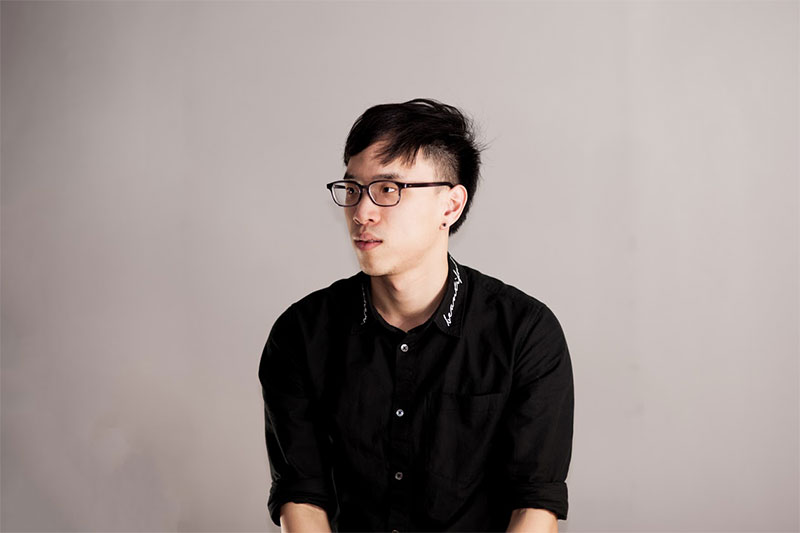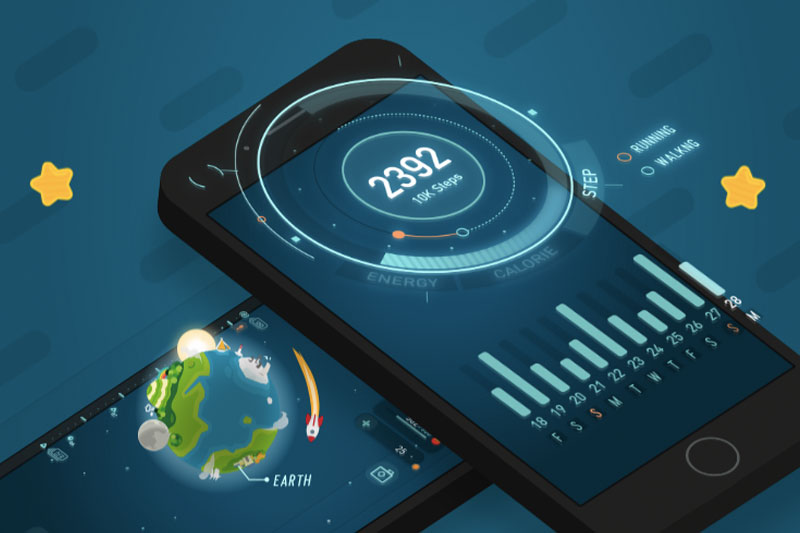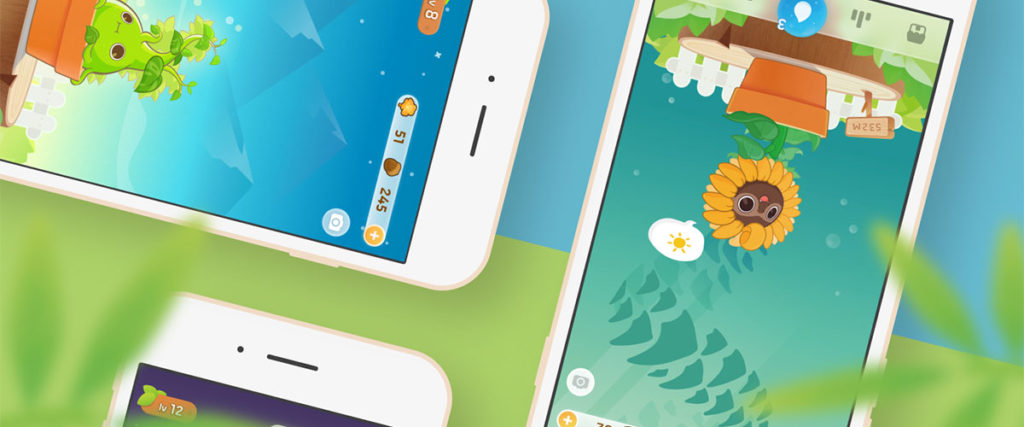Who says gaming is bad? Fourdesire is a Taiwan digital design company striving to use them to change your lifestyle for the better. We talk to its founder Wei Fan Chen to learn how we can capitalise on the power of play.
You’ve heard it plenty of times before: “drink eight glasses of water a day.” It’s easy to remember. Yet, for most of us, something as simple as staying hydrated proves a daily challenge, because changing our behaviour and establishing a new routine is hard. This is the problem Wei Fan Chen wants to address. His solution? Games. An avid gamer since he was 8, Wei Fan developed his first board game when he was in junior high. Now, with his digital design company Fourdesire, Wei Fan wants to turn his gaming obsession into a tool that could transform your most mundane tasks into healthy habits you might actually enjoy.

Plant Nanny was the first game Fourdesire developed to help their users adopt a new habit – in this case, drinking water regularly. Its concept is simple. All you need to do is to drink all the cups of water you’re supposed to every day. For every cup you drink, you water your virtual plant to keep it happy. If you forget to keep it (and yourself) hydrated, your plant dies, and you have to start all over again. Simple but hugely successful, Plant Nanny was a runaway success, clocking more than 10 million downloads since its launch in 2013 and had made its way into the app store’s 2013 Best Games.

Underpinning all of Fourdesire’s products is the concept of gamification. A term coined in 2002 by computer programmer and inventor Nick Pelling, its definition is, “the process of adding games or gamelike elements to something (such as a task) so as to encourage participation.” For Wei Fan, the idea of gamifying a daily routine spawned from his graduate research program, where he’d used game engines to instigate behavioural changes. Pairing his hobby with research, he founded Fourdesire in 2012 with his friend Decill Chang and his then teaching assistant Magic Hung.

“We’re born to play. We all learn to play things as a kid, so we should keep this playful thinking in our life,” Wei Fan explains of his approach at Fourdesire. Playing enthrals us and engages our minds, speaking to our natural affinity towards motivation and achievement. Tapping into this human instinct, Fourdesire developed two more sensational hits: Walkr, a step-tracking game in which users fuel their spaceship to explore the cosmo by walking; and Fortune City, a much-hyped app that turns the tedious process of expense tracking into a city building game you can enjoy with your peers that won an Android Excellence award last year.

Whilst gaming is certainly nothing new, gamification has been gaining traction, especially in fields such as education and marketing, where it is used to drive user engagement, increase employee productivity and boost sales. Perksy, a U.S. startup working with corporates such as Pepsico and Nickelodeon, turns market surveys into game form, with results that engage as much as 84% (compared to a market norm of 1% to 3%) of their product users – the majority of which fall in a notoriously inattentive demographic: 13-to-38-year-olds. Next to jump on the bandwagon is Heineken Bazil, which has just announced its deployment of gamification to encourage responsible drinking.

“Game is the medium in this age. It has an interactive way of influencing people,” Wei Fan states. In this digital era, where we’re inundated with information and our attention span constantly decreases, gamification can act as a remedy to ensure users’ retention. And, as for its bad rep as a time-wasting endeavour? Not relevant if the end purpose is to better our habits, says Wei Fan. “The game itself is very neutral. In the end, it’s all about the intention of the creator.”
“Everything should be playful. In the future, we will no longer sell products or services; instead, we’ll be selling experiences,” says Wei Fan, of a world in which gamification is harnessed in all sorts of aspects of our lives. Envisioning it as a cornerstone innovator that optimises user experience, he sees no reason its deployment shouldn’t help reshape our lives for the better. Having helped us rehydrate, walk more and file those pesky expenses, next up, his focus sits firmly on the workplace, and a game that encourages people to work harder, “We’re developing a new gamified app this year which focuses on productivity because we want to make your office more playful.” A world where people play to work? Now, that’s a game worth playing.





